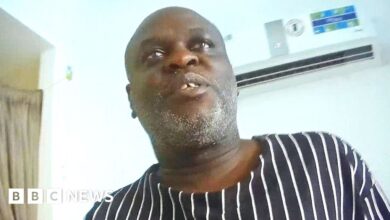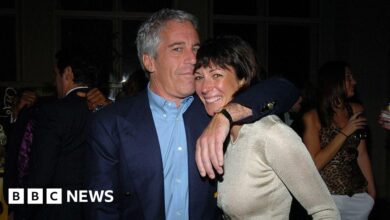Young, hungry and tough: The rise of British sprinters

“The coaching has improved,” she says. “You’re looking after young people’s lives, and you have to appreciate that. You coach the event, but you develop the person.
“I do a lot of reading, listening and watching. There’s a sharing of ideas now. Coaches are becoming more professional in everything they do.”
“I’ve seen a different way of thinking over the last five or six years,” agrees Campbell, who was coached himself by Christie, and whose World bronze in 2003 remains the last individual medal won by a British sprinter in a global final.
“Some of the work the old-school used to do works to a degree. The new stuff polishes it off.
“Look how polished the techniques of the girls are. The guys are going the same way. We should have a conveyor belt of talent.”
A process begun by controversial former UK Athletics performance director Charles van Commenee – hiring overseas coaches to buttress those homegrown ones already in place – continues in moderated form under his successor Neil Black.
While the highly-rated Texan guru Dan Pfaff has returned to the US, he has left a British protégée in Ujah’s young coach Jonas Tawiah-Dodoo.
American coach Rana Reider looks after world indoor champion Richard Kilty, European 100m bronze medallist Harry Aikines-Aryeetey and 18-year-old Desiree Henry. At the same Loughborough high-performance centre Britain’s Steve Fudge, another who learned much from Pfaff, works with Dasaolu, Gemili and Paralympic champion Jonnie Peacock.
Around them, in the same building, they have biomechanists, physical therapists and strength and conditioning coaches.
“I had to go out and search for answers,” says Campbell. “This generation have the answers around them, if they want to utilise the expertise that’s there.
“There’s been a lot of promise in the past about this person is this and that, when they just have a lot of natural talent. Well, natural talent won’t take you all the way.
“What we’re seeing now is athletes with natural talent, but the foundations being put in to help them be successful.”
Source link




